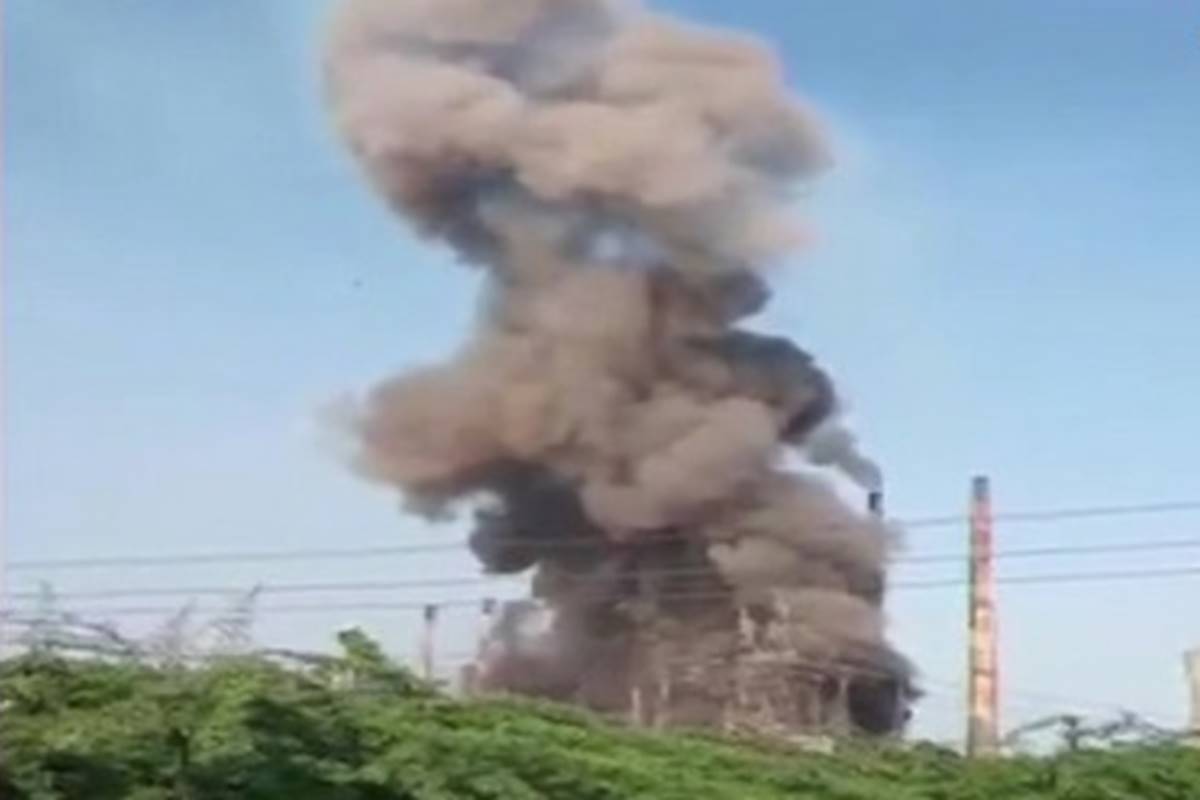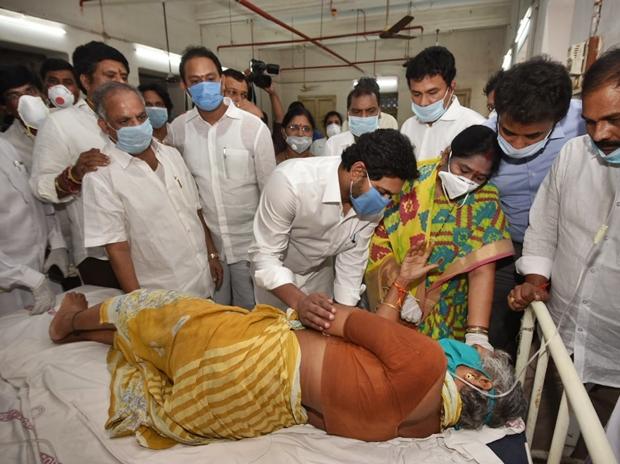While India has been mourning for the lives lost and praying for injured in the unprecedented gas leak in Visakhapatnam, Andhra Pradesh, and a similar leakage in Raigarh, Chattisgarh, the state of Tamil Nadu has reported a shocking incident occurred in its territory of what has become the third disaster the country had witnessed within 24 hours.
According to the reports, the Neyveli Lignite Corporation (NLC) which sits on Cuddalore district has encountered a sudden blast in one of its boilers on the evening hours of Thursday leaving at least eight workers of the plant to get injured severely. They were reportedly inside the premises when the blast occurred and they had sustained burn injuries and rushed to the hospital for further treatment.

The cause of the sudden blast wasn't immediately known and the corporation suspects that the blast could have happened due to the high pressure and overheat. The reports stated that of the eight injured, two are regular workers while the rest six are contract workers. Upon reporting the blast, the fire and rescue workers rushed to the spot and mitigated the fire nearly after hours.
The injured people have undergone first aid treatment at the NLCIL hospital following which they have been taken to the private hospital for advanced treatment. Two contract workers remain critical as they sustained 70% of burns. The corporation has now formed an expert committee to investigate the blast. The plant currently employees more than 2,000 workers and some of them had returned to their duties amid the Coronavirus lockdown.

The reports stated that the blast occurred around 5 pm. The Chairman and Managing Director of NLC Rakesh Kumar has said that the administration is providing the best possible treatments for the injured workers and the functioning of three boilers has been stopped.
The incident at the NLC has reported hours after the states of Andhra Pradesh and Chattisgarh had witnessed major gas leaks from the plants in their states. The gas leak at the LG Polymers chemical plant in Visakhapatnam, which occurred in the wee hours of Thursday, had claimed at least 13 people and put over 800 people in the hospital of which most of them remain unconscious. The gas leak has spread to the vicinities for up to four kilometers from the plant as most of the people had reported uneasiness including burning eyes, breathing difficulty, and vomiting.
The rescue team including police and national disaster relief force had evacuated three villages around the plant. The visuals from the ground pictured the chaotic atmosphere as most of the people fell unconscious on the road highlighting the depth of the gas leak. Many have said to be under critical and Prime Minister Narendra Modi had chaired a high-level meeting with the National Disaster Management Authority concerning the gas leak. Andhra Pradesh Chief Minister visited the injured at the hospital and said that the government would be provided Rs 1 crore compensation to the families of the victims.

However, the cause of the gas leak is yet to be ascertained. Hours after the Vizag gas leak, the state of Chattisgarh has reported a similar shocking incident where seven workers of the paper mill in Raigarh fallen sick after inhaling the toxic gas at the plant. According to PTI, the incident occurred at Shakti Paper Mill in Tetla village. The workers were cleaning a recycling chamber on Wednesday evening during which they inhaled the gas.
However, the factory owner didn't inform the incident to the administration and it came to light on Thursday after the hospital authorities where the injured have been admitted alerted the police following which a team of forensic experts had deployed to the plant to ascertain the cause of the incident. While India is yet to revive back from the Coronavirus outbreak which has been causing major damages to lives and devastating the economy, the country has further saddened from these three back to back incidents of such kind which is unusual in India as it hadn't been through repeated disasters of blasts and leakages from the plants that lie in different states and engaged in different productions.









Comments